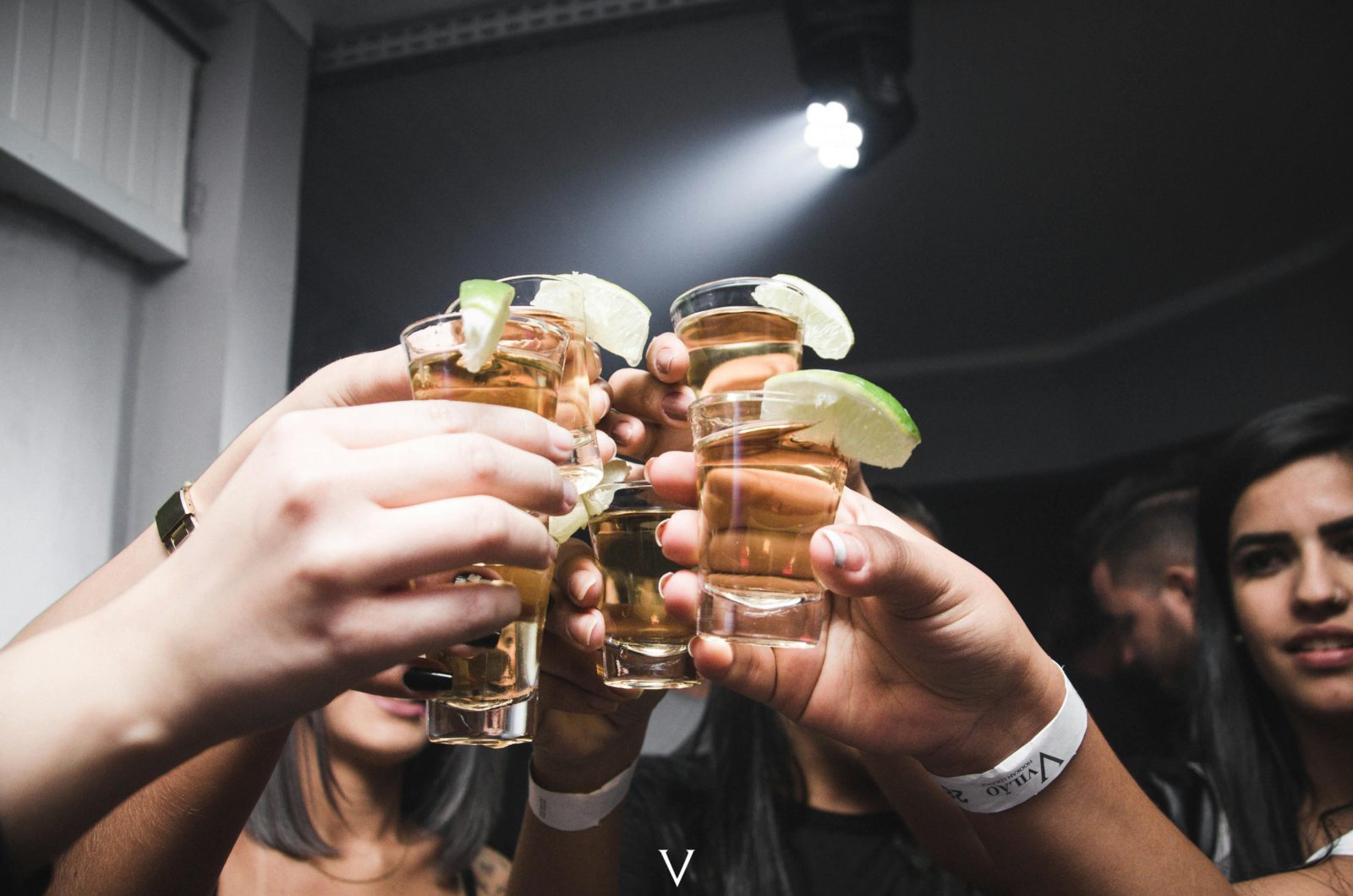In a surprising shift, Czech consumers are increasingly turning their backs on hard liquor. According to recent data from the Union of Producers and Importers of Spirits (UVDL), spirits sales in the Czech Republic plummeted by 51.3% in the first half of this year compared to last year.
This dramatic decline isn’t isolated to spirits alone. Beer consumption, long considered a staple of Czech culture, is also on the wane. However, the nation’s drinking habits aren’t disappearing; they’re evolving. Czechs now gravitate towards wine, sparkling wine, and cocktails, including non-alcoholic varieties.
The shift is particularly pronounced among younger generations. Dotykačka, a company operating point-of-sale systems, confirms this trend, noting a rise in the consumption of sparkling wines like prosecco and alcoholic and non-alcoholic cocktails.
Interestingly, despite an increased excise tax on spirits, the Czech state collected the same amount in the first half of this year as in 2023. However, this figure masks a concerning trend. While January and February saw high tax collection due to stockpiling, the following months (March to June) witnessed a 54% drop compared to the previous year.
The reasons behind this shift are multifaceted. Vladimír Darebník, Executive Director of UVDL, points to significant increases in retail prices and higher excise taxes. These factors have deterred domestic purchases and driven consumers to shop abroad, where prices are more favourable due to lower excise duties.
However, Darebník warns that reduced spirits sales don’t necessarily translate to reduced alcohol consumption in the Czech Republic. Instead, many consumers are simply switching to other alcoholic beverages. He also raises concerns about the potential growth of the black market for untaxed alcohol, a dangerous consequence of the sharp increase in retail prices and excise duties.
As the spirits industry grapples with these challenges, the future remains uncertain. With further increases in excise duty planned for 2025 and 2026, Darebník fears the entire sector could face devastating consequences. The coming years will reveal whether this shift in Czech drinking culture is a temporary trend or a lasting change.





